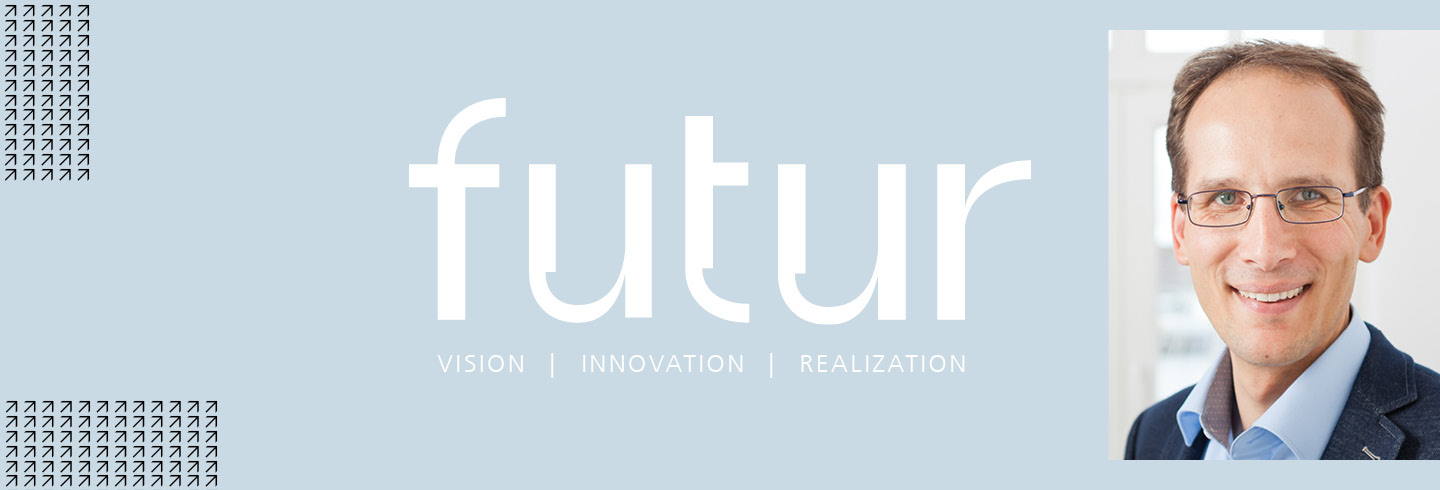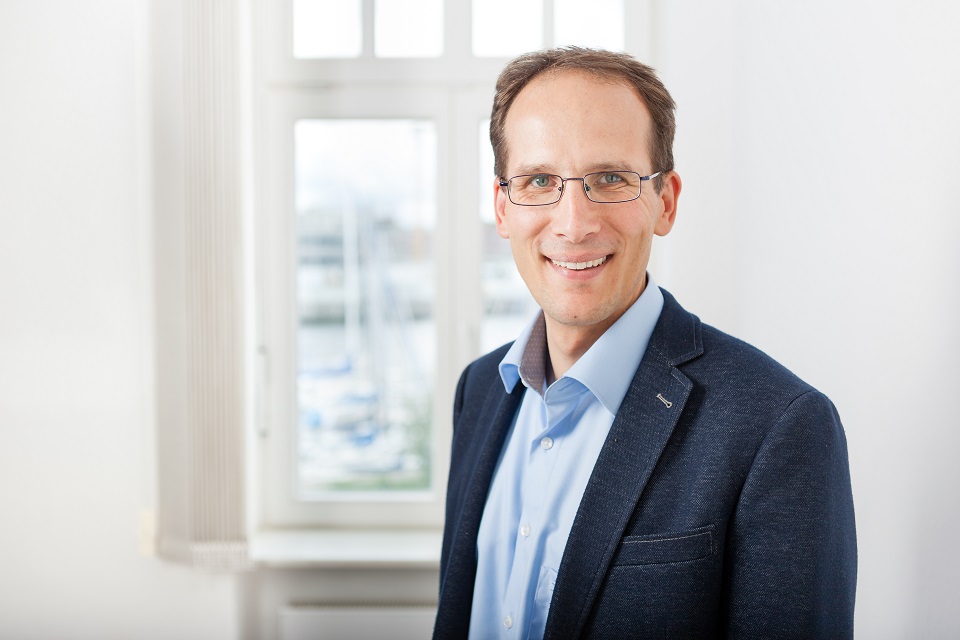Climate-neutral Production – Small Steps, Big Effects
In addition to continuing digitalization, CO2-free production is one of the most important industrial trend topics. Many large companies have set fixed targets in terms of saving CO2.
Where is the best leverage point for companies to start embracing carbon-neutral production – especially in the SME sector? How can they most effectively reduce the energy consumption per manufactured workpiece? Energetic measures for the infrastructure of buildings or automation solutions might be indisputably effective, but they often call for high investment. One smart – because affordable and practical – alternative is offered by mobile assistance systems for the shop floor. These do not only support production workers in ensuring energy savings in the capacity utilization of production facilities. In turn, they also often make use of their intuitive experience and know-how in operating machine tools. In short, they help small and medium-sized enterprises to optimize energy consumption on their shop floors and increase the energy-efficiency of their products.
Fact is that when it comes to machine tools, it is a spread of auxiliary units that makes for the lion’s share of power consumption. Should process disturbances cause unplanned outages, they simply keep on running, using a great deal of energy without bringing the slightest added value, as the product to be manufactured is not being processed. Intelligent assistance systems use sensor data from process monitoring to immediately alert the machine operator to such process disruptions during manufacturing of the product. The operator can react quickly, even if he or she is dealing with another machine at that moment. With the help of artificial intelligence, this scenario from semi-automated production can be extended further. Assistance systems equipped with AI would use their databank of user experience to alert the operator, if they detected any signs of an impending disruption to the process. Simultaneously, the operator would receive suggestions of how the process could be rectified before the unscheduled outage occurred. This way, manufacturers could significantly improve process stability while also increasing the energy and cost efficiency of production. The comparatively low investment outlay offers a short-term return on investment that makes it very attractive to companies.
Such assistance systems also offer decisive advantages for a company's employees. They broaden their scope of action, give orientation, provide support for decision-making in ever more complex duties and assignments, and lighten the workload in areas where pressure to perform is high. All this depends on their being given a consistent and highly practical orientation. The measurement data from process monitoring should be coupled with a high level of User Experience (UX) that pays attention to the impressions and reactions of the user during interaction with the respective assistance system. On top of this, if machine operators can bring their own skills and abilities into play, perhaps even train the algorithms underpinning AI with their own expertise, and if they retain their power of autonomous decision-making over the process, all this would greatly increase the general acceptance of such systems. Not least of all, the feeling that one’s own activity plays a direct role in raising resource efficiency in the company and makes a personal contribution to climate protection would serve to enhance employee motivation.
Prof. Dr.-Ing. Alexander Mattes,
born in 1978, studied engineering at the Karlsruhe Institute of Technology (KIT) and took his doctorate in cutting Technologies in 2008 at Fraunhofer IPK in Berlin. After various appointments and managerial positions at Rolls-Royce Deutschland, Siemens AG and Multivac SE, in 2018 he became Professor for Production Technology at the Kiel University of Applied Sciences. At the university’s Institut für CIM-Technologietransfer (CIMTT), he is mainly concerned with driving forward development of assistance apps for system operators. »Skilled workers carry production by providing the key know-how. By introducing edge computing into production systems, we enable them to make direct use of sensor data for optimization of their processes,« says the Fraunhofer alumnus, outlining his current research focus.
 Fraunhofer Institute for Production Systems and Design Technology
Fraunhofer Institute for Production Systems and Design Technology
